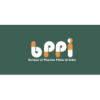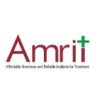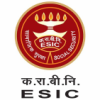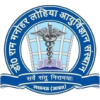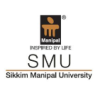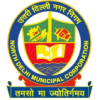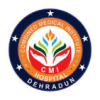Tender assistance in the procurement of medicine in the government sector plays a crucial role in ensuring transparency, fair competition, and the acquisition of quality pharmaceutical products at competitive prices. Here's a brief overview:
1. Preparing Tender Documents: Tender assistance begins with the preparation of comprehensive tender documents. These documents outline the requirements, specifications, terms, and conditions for the procurement of medicines. They include details such as the type and quantity of medicines needed, quality standards, delivery schedules, and compliance criteria.
2. Vendor Registration: Tender assistance often involves the registration of pharmaceutical suppliers. This process ensures that only qualified and credible vendors participate in the tender, enhancing the reliability and quality of the products procured.
3. Bid Evaluation Criteria: Clear evaluation criteria are established to assess the bids received. This typically includes factors such as price, product quality, compliance with regulatory standards, and delivery terms. The weightage assigned to each criterion is specified.
4. Tender Advertisement: The tender is advertised to attract potential suppliers. This can involve publishing the tender notice in official government publications and on relevant websites, ensuring a wide pool of bidders.
5. Bid Opening: In a transparent process, the bids are publicly opened at a designated date and time. This helps prevent any biases and ensures that all bidders are treated fairly.
6. Clarifications and Pre-Bid Meetings: Tender assistance may involve organizing pre-bid meetings and addressing inquiries from potential bidders. This ensures that bidders have a clear understanding of the tender requirements.
7. Legal Compliance: Ensuring that the tender process complies with all applicable laws and regulations is a fundamental part of tender assistance. This helps avoid legal complications and challenges.
8. Documentation and Records: Proper documentation is maintained at each stage of the tender process, including bid submissions, clarifications, and evaluations. This ensures transparency and accountability.
9. Contract Award: Once the evaluation is complete, the contract is awarded to the successful bidder or bidders based on the criteria established in the tender documents.
10. Post-Tender Management: After the tender is awarded, tender assistance may include monitoring and managing the contract to ensure that the supplier complies with the agreed terms and delivers the medicines as specified.
Tender assistance in the procurement of medicine in the government sector is critical for the efficient and ethical acquisition of pharmaceutical products. It aims to secure the best value for public funds, maintain high product quality, and ensure that healthcare services are delivered reliably to the population.

